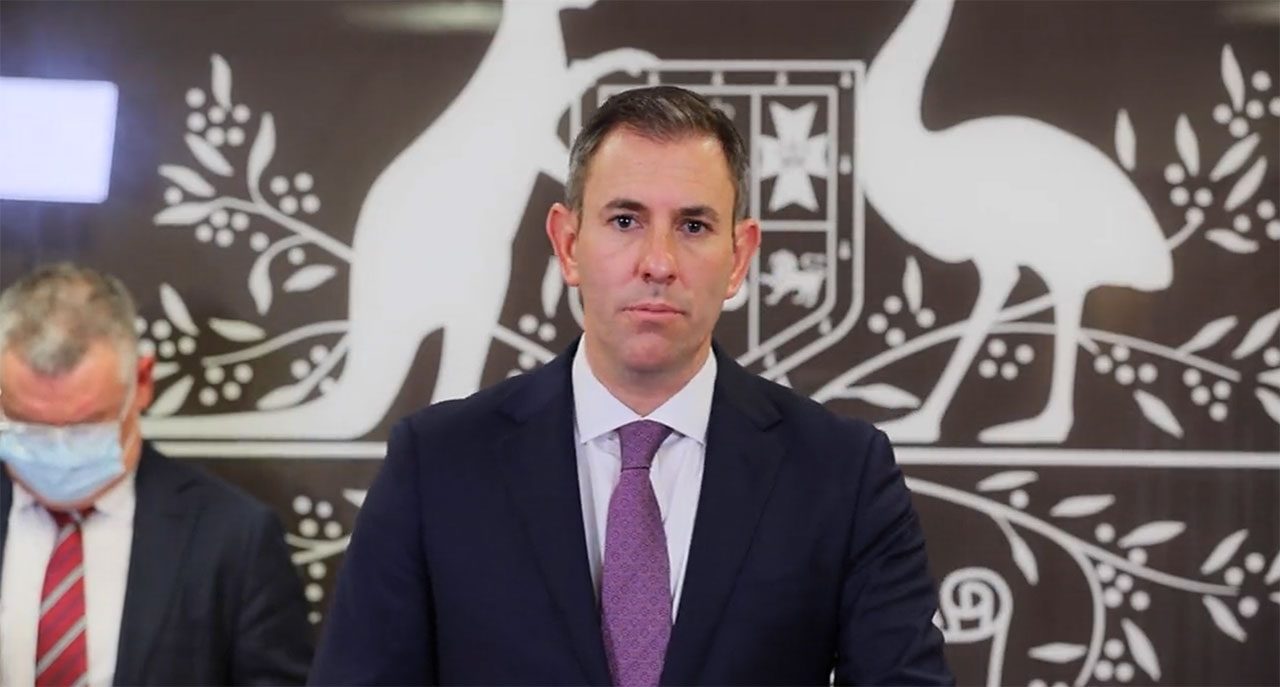This article is from the Australian Property Journal archive
THE Albanese government will increase the penalty on foreign investors who leave their homes vacant, whilst the Nationals have called for a complete ban on foreign investment in Australian housing.
Treasurer Jim Chalmers and Minister for Housing and Homelessness Julie Collins said the changes to the foreign investment framework is aimed at boosting rental stock, as latest data shows the national vacancy rate remains at 0.8%.
Under the new changes, the government will triple foreign investment fees for the purchase of established homes and double the vacancy fees for all foreign‑owned dwellings purchased since 9 May 2017.
The measures will result in a six‑fold increase in vacancy fees for future purchases of established dwellings.
The government will also enhance the ATO’s compliance regime to ensure foreign investors comply with the rules, including selling their residence when required.
Foreign nationals are generally barred from buying existing property but can do so in very limited circumstances such as when they come to live here for work or study. When they leave the country, they are required to sell the property if they have not become a permanent resident.
The treasurer said these changes further encourage foreign nationals to buy new property instead and help to ensure that those who do get approval follow the rules.
He added that the higher fees for established dwellings is aimed at encouraging foreign buyers to invest in new housing developments.
“This creates additional housing stock, jobs in the construction industry and supports economic growth.
“We welcome foreign investment because it plays a crucial role in our nation’s economic success. These adjustments are all about making sure foreign investment aligns with the government’s agenda to lift the nation’s supply of affordable housing,” said Collins.
The government intends to introduce legislation next year to implement the new fees.
However the proposed measures do not go far enough for Nationals leader David Littleproud, who said Australia should ban all foreigners from buying residential homes whilst the country is in the midst of a housing crisis.
“Australians should get a priority on buying homes in Australia, we have a supply issue.
“Why wouldn’t we just take the step not to allow somebody to have the luxury to allow somebody to have the luxury to fly in and stay in a home for a couple of months every year when there are Australians trying to get into the housing market.
“That would seem common sense to me, rather than some window dressing and fines that they’re probably able to pay anyway,” said Littleproud.
Meanwhile the build-to-rent sector will receive a further boost with the government lowering the foreign investment application fees for BTR projects are at the lowest commercial level – no matter the kind of land involved.
Currently BTR investors can be subject to different, higher fees if their projects involve particular kinds of land, like residential land.
Chalmers said lowering the fees for these investments will help to ensure the foreign investment framework is consistent and predictable for all BTR investors, and encourage the development of these projects right across the country that are specifically designed, built and managed to provide long‑term rental options for Australians.
The application of commercial foreign investment fees to all future Build to Rent projects will apply after 14 December 2023.
The Property Council welcomed the BTR changes, chief executive Mike Zorbas said this will boost the investment appeal of new rental housing supply that offers well-located, secure, customer-led and community-oriented housing.
“Build-to-rent has the potential to create 150,000 homes over the next decade, but the settings must be right,” he added.
But he was critical of the increased fees and penalties on vacant homes.
“The Productivity Commission has rightly characterised such fees as taxes on new investment.
“That is before you account for thoughtless but popular state foreigner taxes on new homes and State Treasurers’ devil-may-care attitude to investment-stunting quarterly tax hikes on property.
“It is clear that changing property investment rules week in and week out, evident most recently in taxes rushed through by the Victorian and NSW governments, will prevent us reaching our 1.2 million homes target.” Zorbas concluded.




